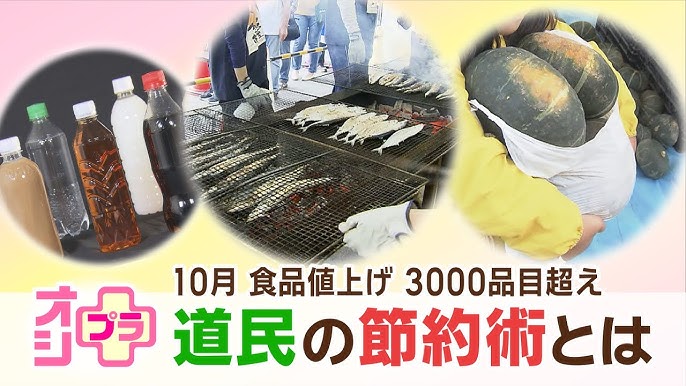The shift towards the 200 Yen era of plastic bottles in Japan is sparking a renewed national interest in cost-saving methods. The rising cost of single-use plastic bottles has prompted changes in consumer habits, with the public seeking alternatives and ways to conserve. This trend has been seen across supermarkets, convenience stores, and vending machines throughout the country, accentuating Japan's focus on resource allocation and frugality.
In Japan, plastic bottles are ubiquitous and essential for daily life, from drinks vending machines to supermarkets. The hike in prices reflects the cost of raw materials and environmental concerns, impacting people of all demographics. Japanese people, known for their frugality and respect for resources, are likely to respond with increased conservation initiatives and changes in purchasing habits.
In contrast to the EU and US where environmental regulations focus on reducing single-use plastics, Japan's approach seems more oriented towards consumer behavior modification through price adjustments. While recycling initiatives are prevalent, the price increase on plastic bottles may emphasize the need for more sustainable, reusable alternatives to single-use plastics.

